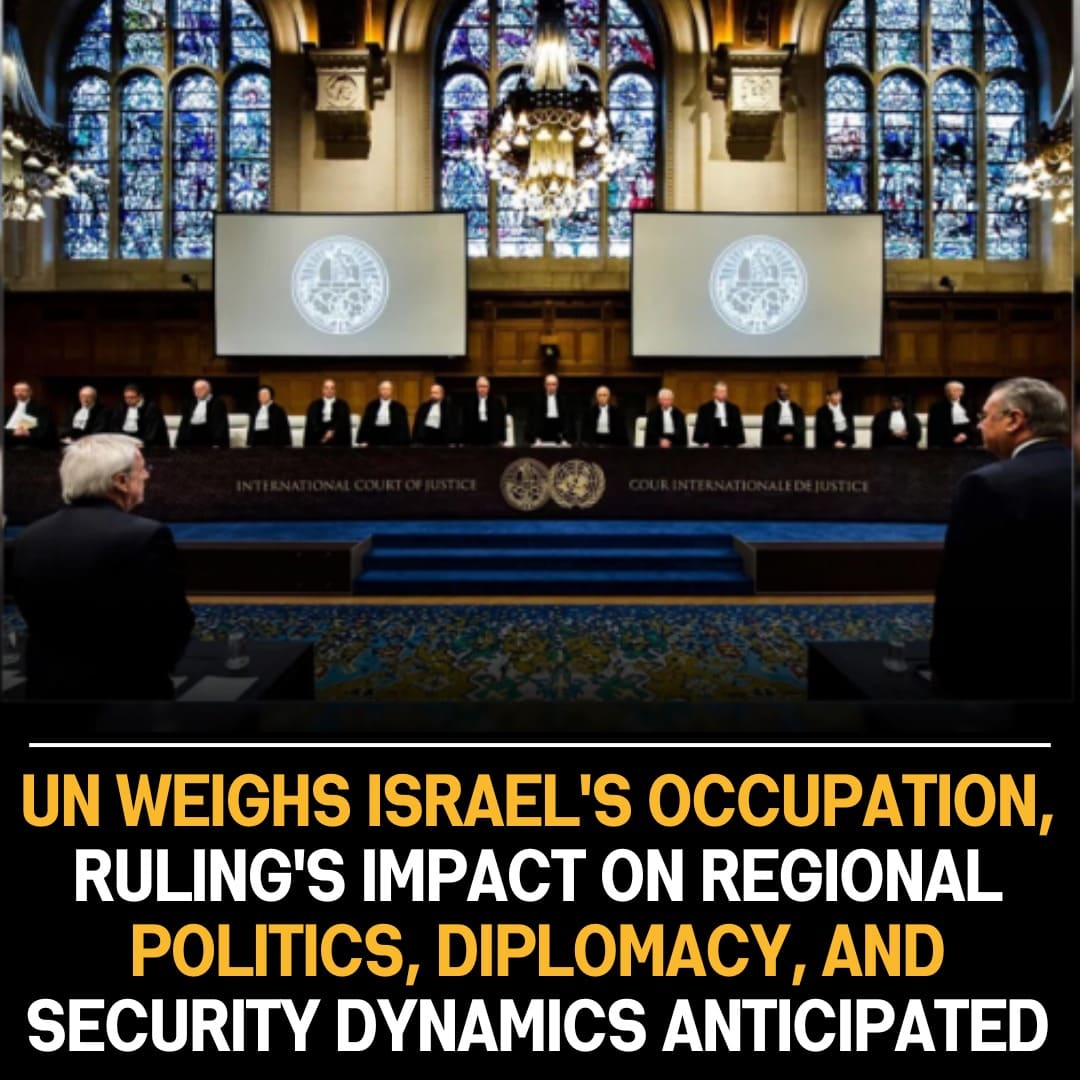The United Nations’ highest court has undertaken a significant step by initiating hearings on the contentious issue of Israel’s 57-year-long occupation of Palestinian territories. The deliberations at the International Court of Justice (ICJ) carry substantial implications, as the decision reached by the 15 judges could potentially reshape regional dynamics and have far-reaching consequences for the Middle East.
The prolonged Israeli occupation of Palestinian territories, including the West Bank, East Jerusalem, and the Gaza Strip, has been a central point of contention in the Israeli-Palestinian conflict. The international community has long debated the legality and ethical dimensions of this occupation, and the ICJ’s involvement underscores the gravity of the matter.
The initiation of hearings at the ICJ marks a crucial moment for addressing the complex legal and geopolitical aspects of the situation. The court is expected to consider arguments and evidence presented by both Israel and the Palestinians, providing a platform for a thorough examination of the historical context, legal frameworks, and human rights implications surrounding the occupation.
The decision rendered by the 15-judge panel has the potential to alter the landscape of the Israeli-Palestinian conflict. It may influence international perceptions of the situation, shape diplomatic efforts, and impact the pursuit of a just and lasting resolution. The involvement of the ICJ underscores the international community’s commitment to seeking legal avenues for addressing protracted conflicts and promoting justice.
The outcome of the hearings is eagerly awaited by various stakeholders, including the Israeli and Palestinian governments, regional neighbors, and the broader international community. The decision’s repercussions could extend beyond legal ramifications, affecting political alliances, diplomatic initiatives, and the overall stability of the region.
It is essential to recognize the complexity of the Israeli-Palestinian conflict, rooted in historical, cultural, and geopolitical factors. The ICJ’s involvement reflects a commitment to addressing the multifaceted aspects of the occupation and seeking a resolution that aligns with principles of international law and human rights.
As the ICJ proceedings unfold, the eyes of the world are on the judges tasked with navigating the intricate legal terrain of the Israeli occupation. The outcome of their decision will undoubtedly shape the discourse surrounding the conflict and contribute to the ongoing efforts to find a just and enduring solution to one of the most enduring conflicts in the modern era.









